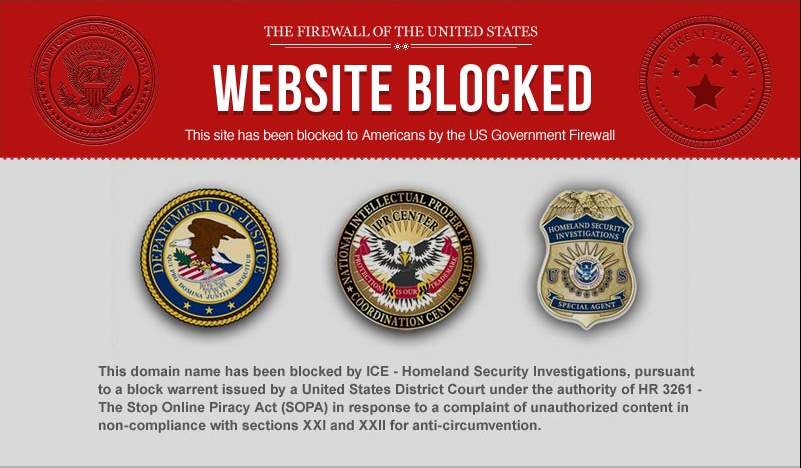Washington, DC (TFC) – The Police and Surveillance State is hard at work developing tools to enhance the security of the public space of the world wide web, as well as the proprietary networks of corporations.
Congress is refusing to let go of cyber-terrorism legislation. CISPA has been reintroduced to the 114th Congress by Rep. Dutch Ruppersberger (D-Md.), and in the Senate by Sen. Tom Carper (D-Del.). The bills open lines of communication between private corporations and the federal government to share information about data breeches and incoming security threats. Through the National Cybersecurity and Communications Integration Center (NCCIC), the bills set forth how companies can share information with other government agencies, while requiring them to minimize identifying information. However, with the information available in metadata codes, privacy is still minimal. You can read the full text here.
Supporting this agenda, a Council on Foreign Relations Task Force states, “Offensive capabilities are required to deter attacks, and, if deterrence fails, to impose costs on the attackers.” The task force, which includes former CIA Director John Negroponte, goes on to say, “Successfully meeting the challenges of the digital age requires a rethinking of domestic institutions and processes that were designed for the twentieth century.” Those challenges, according to the report, focus heavily on the protection of markets, and the profits within those markets.
The new CISPA legislation not only increases the government’s own offensive surveillance and enforcement capabilities, but legally turns corporations into official domestic spies. Private corporations, which would not require oversight of a FISA court for warrants, receive liability protection for the accumulation of data on Americans.
This surveillance is already occurring, and has been for years. The tech firms of Google, Facebook, Twitter, Yahoo and Apple have for years both cooperated with the government’s requests for information on users, and superficially resisted the requests in the courts, and in the court of public opinion. Apple’s first disclosure last year, however, did not include language stating that it had been forced to comply. It just complied, and is only recently letting the public know of its complicity. The new CISPA legislation would protect Apple and other corporations from any public liability in that complicity.
Amazon, however, has not released any information to the public. The retail giant has yet to disclose even vague estimates of government requests for data, which is to say nothing of the volume of voluntary data it has supplied. Not surprisingly, Amazon also stands to benefit substantially from the use of the PRISM program, the data collection algorithm most disclosures reference. In addition to a $600 Million deal with US Inc. for cloud document servicing, Amazon profits substantially from Neilsen’s “PRIZM” market segmentation software. The data collected and analyzed with PRIZM is identical to the data collected with PRISM, the NSA program. PRIZM began in 2006 to target consumers, while PRISM “officially” began in 2007, ostensibly to target alleged criminals.
Neilsen, the market research firm, is hard at work developing new algorithms, software, and analytics to enhance both corporate and government domestic surveillance capabilities. Called “Customer Experience Management,” these new technologies adjust to real time information about individual activities online. Through partnership with ResponseTek, Neilsen Listening Platform (CXM) will be a more “complete and effective solution,” according to ResponseTek VP of Global Sales Paul Fitzpatrick. He continues: “Our clients are collecting a tremendous amount of data. There is an increasing appetite on the part of our clients to get more value out of that data.” The new CEM/CXM technologies will target the retail, banking and telecommunications, or, in other words, the sectors that together can collect every single piece of information about you, no warrant required. Assuredly, the US government will be, either directly or indirectly, a client.
CISPA legislation, then, is a perfect quid pro quo for government and corporations. Corporations receive immunity from prosecution for collecting and sharing information with the government, and, in turn, the government assists in enhancing programs for the targeting of consumers.
Perhaps, successfully meeting these challenges of the digital age requires admitting that the corporate and government secrets that supposedly “need” to be secured, really need to be opened to public view. However, exposing these relationships and programs could lead to government overthrow and costly boycotts of companies and industries. The offensive capabilities in place and in development are not merely proactive against potential criminal threats or potential consumers. They are offensive to the very idea of free speech, free association, free expression and due process.


